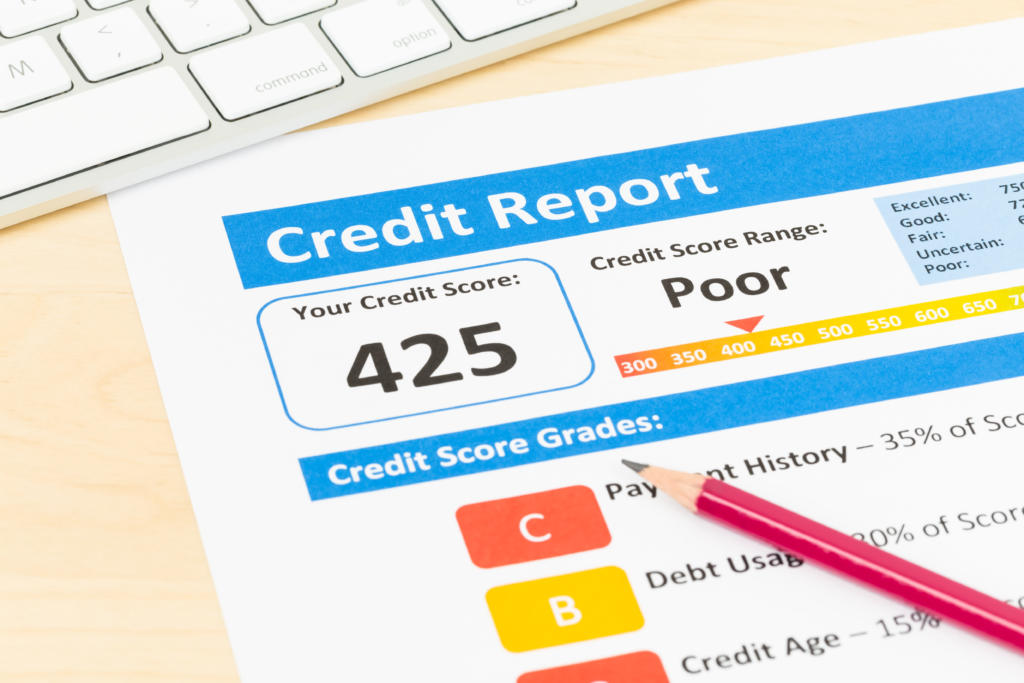|
|
The Credit Comeback: Transforming Your Credit Score

The Sensitivity of Credit Scores Your credit score is dynamic, fluctuating with each update to your credit report. If you’re diligently working to enhance your score—settling overdue accounts, rectifying errors, and maintaining timely payments—you’re on the right track. While instant gratification isn’t possible, consistent effort will eventually yield results.
The Fragility of Credit It’s perplexing how quickly credit can deteriorate compared to the time it takes to build. A high credit score unlocks better interest rates and housing opportunities. Late payments can tarnish your credit for up to seven years, underscoring the importance of punctuality in financial obligations.
The Challenge of Building Credit Building credit is an uphill battle. It requires three to six months of credit activity to generate a score, but just a few missteps can cause a significant drop. The key is to maintain a balance—paying bills on time and keeping credit utilization low.
Strategies for Credit Improvement
- Installment Loans: Adding a mix of credit types, such as installment loans, can enrich your credit profile. Remember, student loans count as installment loans too.
- Authorized User Status: Boost your credit by becoming an authorized user on a trusted individual’s account. This strategy is most effective with a family member or spouse.
- Credit Longevity: The age of your credit accounts matters. Older accounts contribute positively to your score, so keep them open and active.
Credit Reporting Frequency Creditors typically report to bureaus like Experian within 30-45 days after opening an account. Regular credit activity over three to six months is necessary to establish a substantial credit history.
Building Credit in the Modern Age Improving your credit score is akin to a fitness journey—it’s a gradual process that requires consistent effort. With the right strategies and an understanding of the latest developments, you can navigate the path to good credit!
Visit https://www.kwikcashonline.com/apply/ to learn more!
